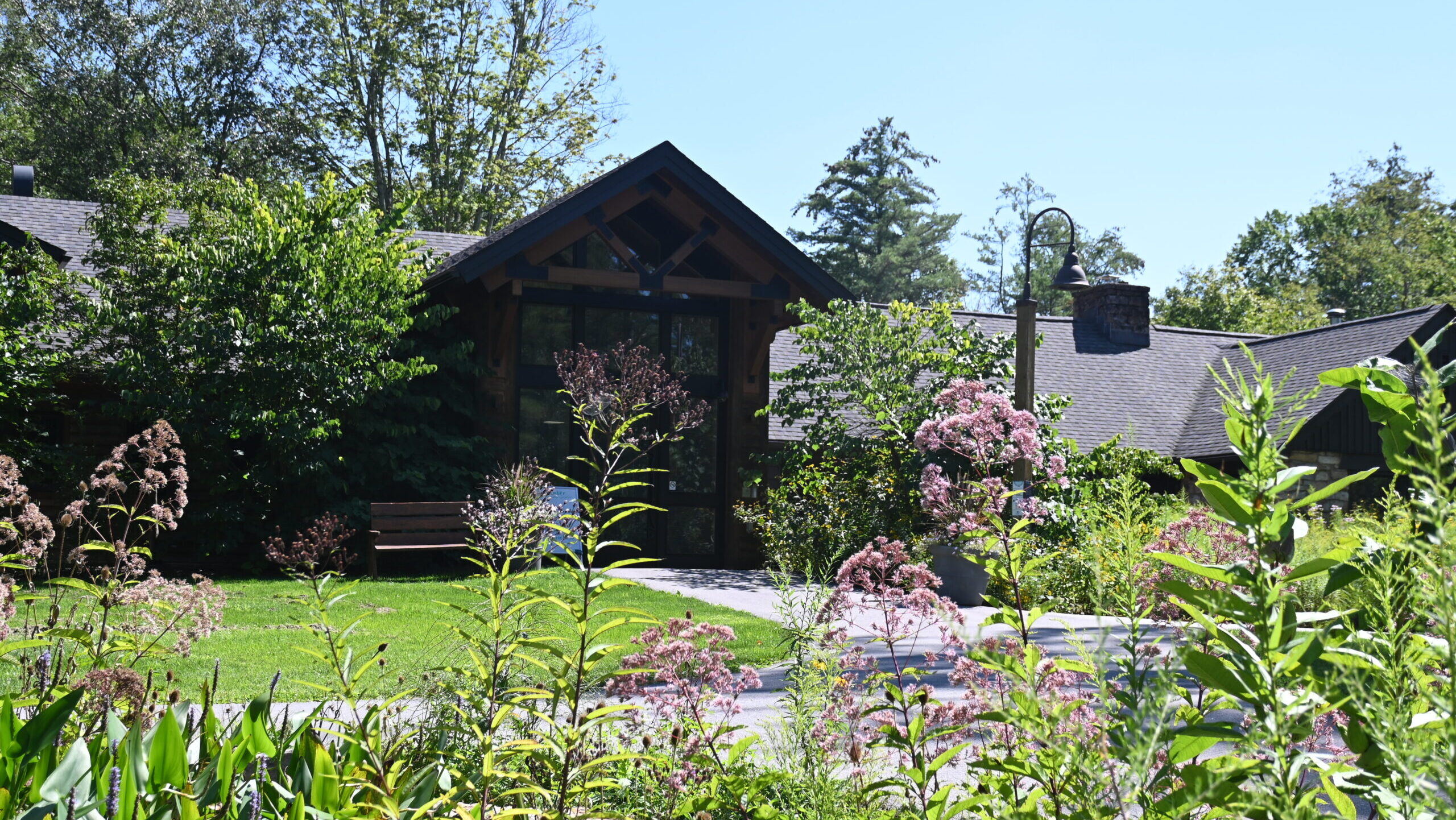
As our democracy fights over access to power over the nation with the upcoming election, climate change headlines continue to loom in our newsfeed as a reminder of the issues that reach across all borders and nations on Earth.
It is more and more apparent that action must come from all angles of the system. The U.S. government’s passing of the Inflation Reduction Act (2022), a 10-year plan to reduce greenhouse emissions by 40% by 2030, was a reminder that action must take place on a national level as well as at the state, local, and community levels, and it serves as a model for action to come.
Pennsylvania Sustainability Initiatives
Pennsylvania is proving to be a key player on the East Coast to lead the charge forward. Pennsylvania holds 67 counties, 2,560 municipalities, and 133 four-year colleges and universities, including Penn State, which reaches across the state with 23 Commonwealth campuses. Penn State has great potential to make significant progress toward sustainable development in the state because of the sheer number of students who pass through its campuses each year.
Pennsylvania GreenGov Council
This year, Pennsylvania’s government and Penn State partnered to showcase advances that PA is making toward sustainability efforts. The Pennsylvania GreenGov Council is a “connected Commonwealth working to advance Pennsylvania’s preparedness, economic vitality, public health, and social equity while reducing harmful greenhouse gas emissions and building resilience to climate-related hazards.” The GreenGov Council partners with Penn State Sustainability and other local environmental organizations to provide training modules to help bring minds and hearts together to mitigate the effects of climate-related disasters, adapt to the changing world we are experiencing, and prepare for the changes to come.
The council conducts webinars to highlight projects that Pennsylvania is doing in various areas of sustainability. The webinar series has highlighted environmental health initiatives such as the Pennsylvania Environmental Health Indicators Map, the heat stress project, and county response plans for weather-related events. The council also raises awareness of the importance of advocating for health equity across demographics through the Climate and Economic Justice Screening Tool.
Sustainable Pennsylvania
Sustainable Pittsburgh has created a certification system that will allow municipalities across PA to get certified in sustainability to achieve goals, save money, conserve resources, and foster a vibrant community. To get certified, municipalities will go through a questionnaire that spans a variety of topics including economic development, energy use, land use, housing, etc.
Penn State Sustainability Initiatives
University Goals
Penn State defines sustainability as “the simultaneous pursuit of human health and happiness, environmental quality, and economic well-being for current and future generations.” As we continue to move through this year, we must be reminded of all the people who are devoting their lives to live beyond their fear and leave a better world for our children and grandchildren.
Penn State President Neeli Bendapudi has established reformative goals that focus on this definition and that include enhancing student success, growing interdisciplinary research, increasing land grant impact, fostering DEI initiatives, transforming internal operations, and transforming health. All goals introduced by the president touch on goal number four of the United Nations Sustainable Development Goals: Quality Education.
University Budget
In response to changing behavior on campus, President Bendapudi is reconstructing the budget to help the University achieve sustainability goals. Duane Elmore, the director of procurement services and the chief procurement officer for Penn State, is doing everything he can to use circular economy frameworks, green chemistry, and embodied carbon data to make materials decisions in the future. This shift in focus will lead to cut costs in the budget across the University because resources will be saved and waste mitigated.
Shaver’s Creek Environmental Center
As a collaborator in this effort, Shaver’s Creek has provided opportunities for community members and students to learn about the nature of Pennsylvania, including nature journaling sessions and conservation programs offered to visitors to educate them about the native animals found in PA. The center also works with youth in the community providing nature-centered summer camps, outdoor school, and a variety of field trips to local schools.
Penn State students serve as partners with the nature center, providing support for our outdoor school and summer camp and helping us facilitate a variety of courses linked to leadership, team building, education, and wildlife care/conservation. These opportunities provide students from any major the chance to engage with the natural world and each other in new and collaborative environments.
Shaver’s Creek Environmental Center offers quality experiential environmental programs to people of all ages, helping them develop communication skills while connecting them to the natural world. As educators continue to empower students to get involved in their communities to create positive impact, President Bendapudi’s goals for the University can be achieved.
Environmental activist, Johanna Macy, wrote, “If the world is to be healed through human efforts, I am convinced it will be by ordinary people, whose love for this life is greater than their fear.” We are all ordinary. We are all on the same level, and we each have the capacity to create a ripple of change. May we continue to work toward creating a better culture on and off campus by revealing the power nature can hold to reform our view of the world.
Penn State is aiming to be a more inclusive school for those who already attend, while the GreenGov Council hopes to share necessary environmental discourse for all. Silence cannot be used to solve this problem. Conversations must be had surrounding climate change, climate refugees, and consumerism.
